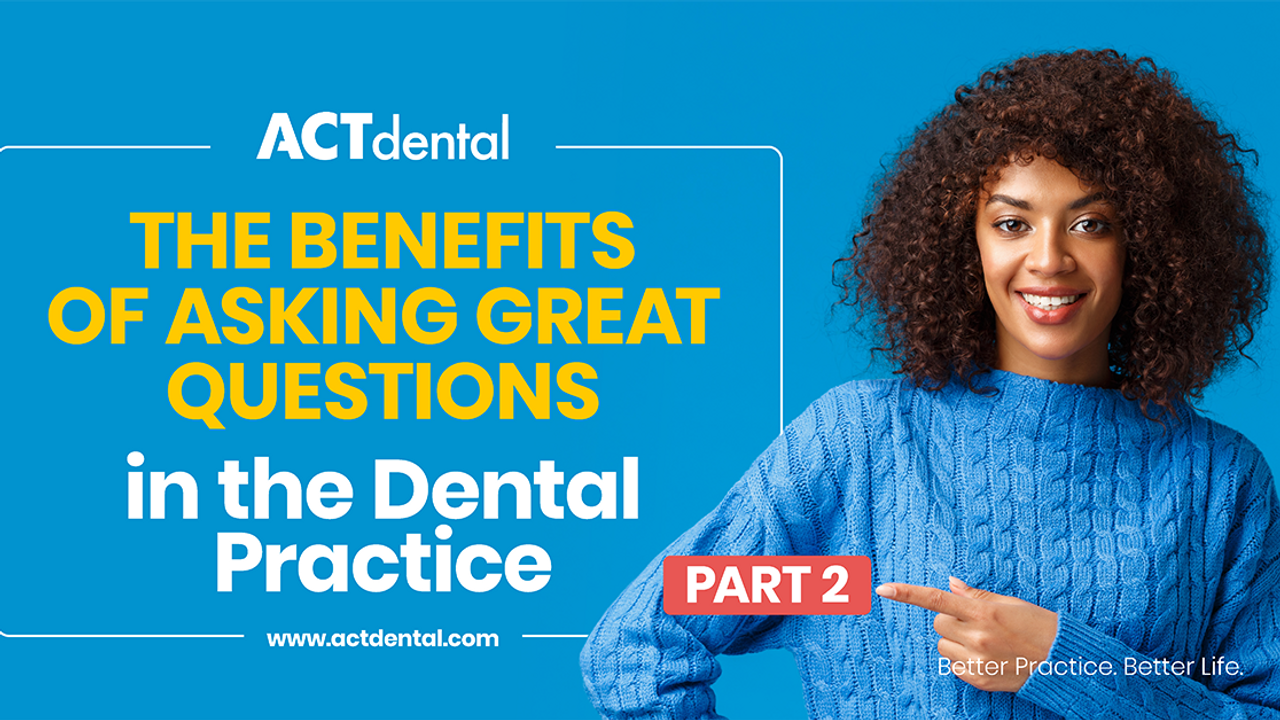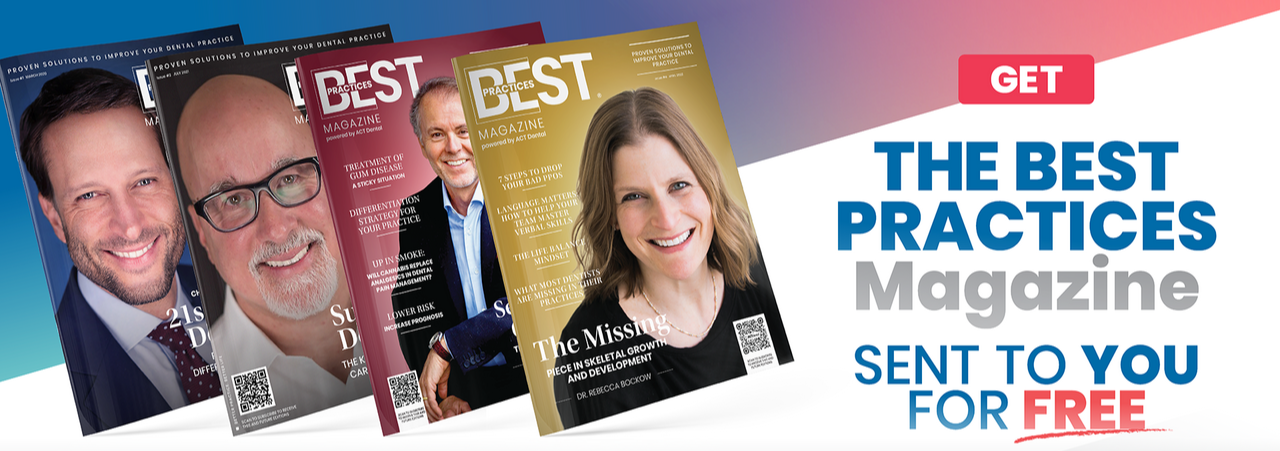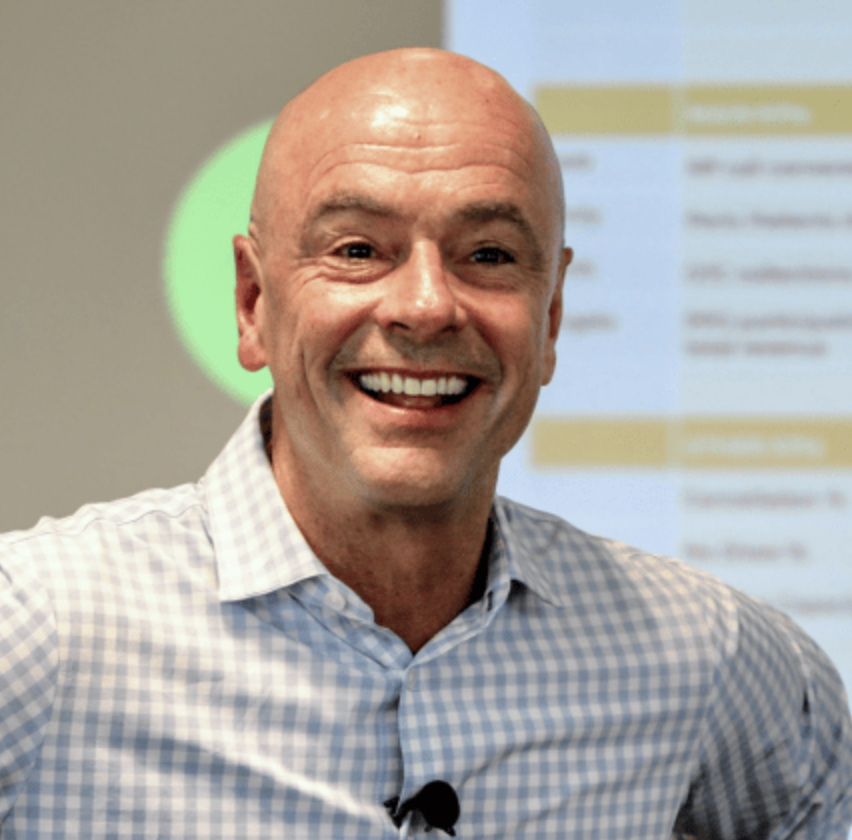This blog is number 2 of a 2-part series. Part one can be found here:
Embrace the Awkward Silence
The long silence after an open-ended question has been asked can feel awkward. The four or five silent seconds can feel like minutes. Your challenge is to fight the temptation to fill this silence. The silence means success. It represents thinking, contemplation, reasoning. It is the brain searching for the answer, creating new neural pathways, and creating the potential to think differently in the future. The silence represents the patient transitioning from the rear brain into the frontal cortex. The silence is literally the brain thinking!
KEY POINTS:
- We all crave to treat patients that are engaged and have bought into their dental health.
- People normally will have to learn that they desire better dental health and this learning happens through a process of discovering the problems at hand, consideration of different solutions, and ultimately the complete autonomy to choose freely.
- You can tell a patient something, and it has a limited chance of making its way into the brain’s hippocampus, the region that encodes memory. However, if you ask them a question that helps them generate the answer themselves, the odds of true learning increase substantially.
- People don’t learn when you tell them something. People learn, or create new neural pathways, only when they have had a chance to recall and reflect on what just happened.
The Question Difference
Closed questions can be answered with either a single word or short phrase and usually have the following characteristics:
- They give facts
- They are easy to answer and require little to no thinking
- They are quick to answer
- They keep control of the conversation with the questioner
Open-Ended questions on the other hand, require contemplation and thus a longer answer.
They usually have the following characteristics:
- They ask the respondent to think and reflect
- They will give you opinions and feelings
- They hand control of the conversation to the respondent
Open-Ended Questions for the Dental Practice
- “What’s on your mind?”
This question encourages the patient to go right to what’s provoking anxiety, what’s consuming their thoughts, or what matters most.
VARIATIONS:
- “What matters to you most?”
- “What’s keeping you up at night?”
- “What might hold you back from this treatment?”
- “What is the real challenge for you here?”
This pins the question to the person you are talking to. It keeps the question personal and makes the patient wrestle with “their” struggles. This question helps focus the conversation when the list of issues they tell you is long or if they are blaming everyone but themselves for their current condition.
VARIATIONS:
- “I have a sense of the overall challenges. What do you feel is the biggest challenge for you?”
- “And what else?”
The first answer someone gives is never the complete answer, nor is it totally accurate. This gives them another chance to elaborate. It also slows down your desire to give answers or advice.
VARIATIONS:
- “Is there anything else?”
- “And what else could you do?” OR “And what else can we do for you?”
- “What else might be possible here?”
- “Tell me more about that..”
- “What else is a challenge for you here?”
- “What else might have prevented you from getting dentistry completed in the past?”
Avoid the word “Why?” It often will put the patient on the defensive.... they will start using their rear brains....amygdala hijack....and then won’t hear a word you are saying. It can hint that you feel their past actions or decisions may have been wrong. Instead, start your question with “What.”
- “What were (are) you hoping to achieve?”
- “What made you choose that course of action?”
- “What benefit do you feel that decision would provide you?”
- Softeners for any Question:
- “What do you want?”
This question should not lead to a conversation and must follow a few earlier open-ended questions. However, it is a foundational question that can help focus on truly what is important to the patient.
VARIATIONS:
- “What changes for your mouth would you like to see?”
- “What goals do you have?”
- “What else can I do for you?”
- “What else is important for me to know?”
- “What else are you wondering about?”
- “How can I help?”
“If a year from now you and I revisited your dental condition, what changes would make you feel really great?” This type of question uses solution-based thinking. Let’s focus on what solutions will take the patient from where they are to where they really want to be.
VARIATIONS:
- “If you had a magic wand, what changes would you make to your mouth?”
- “If you could change 3 things about your dental condition, what would they be?”
- “Out of curiosity......”
- “Just so I understand better...”
- “I’m interested in when you said....tell me more about....”
- “To make sure I’m clear...”
- “That’s a great thought. I have some thoughts I’d like to share. But first, tell me more about...”
Active Listening
Part of asking great questions is showing you also are good listeners. Let the patient know you truly are listening.
Some replies that help show you are listening and validate their emotions and feelings:
- “Yes..”
- “Great...”
- “I like that...”
- “Good...”
- “Interesting...”
- “I agree...”
Regardless of the type of question we ask, when we don't truly listen to the answer, we haven't accomplished anything. Be intentional about your questions as well as your replies.
Increase your use of these open-ended questions today for a Better Practice and a Better Life! Want more resources for improving your practice? Set up a call, we can't wait to chat with you!
SOURCES:
Stanier, Michael Bungay. The Coaching Habit. Toronto: Box of Crayons Publishing, 2016. Merzenich PhD, Dr. Michael Merzenich. Soft-Wired. San Francisco: Parnassus Publishing, 2013. Asmus, Mary Jo. “The Neuroscience of Asking Insightful Questions.” Government Executive. April 26, 2017. https://www.govexec.com/.../2017/.../neuroscience-asking-insightful-questions/13727 Hoffeld, David. “Want to Know What Your Brain Does When It Hears a Question?” The Science of Work. Feb. 21, 2017. https://www.fastcompany.com/3068341/want-to-know-what-your-brain-does-when-it-hears-a-question
www.actdental.com THE BENEFITS OF ASKING GREAT QUESTIONS IN THE DENTAL PRACTICE.
Categories
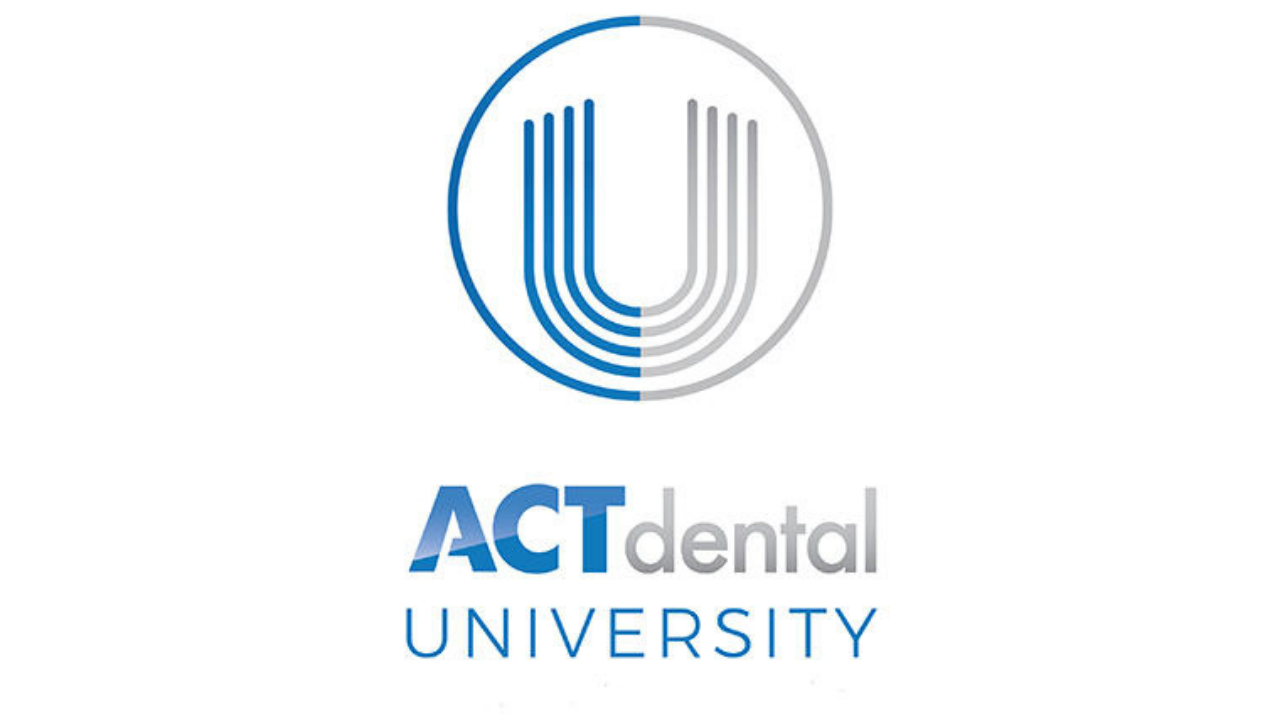
Get access to the best dental educators on the planet to bring you "best practices" and help you become the dentist you were called to be. Watch what you want, when you want it. It's 24/7 on-demand access. Friday's we host "Master Classes" with the very best dental speakers you will ever see.
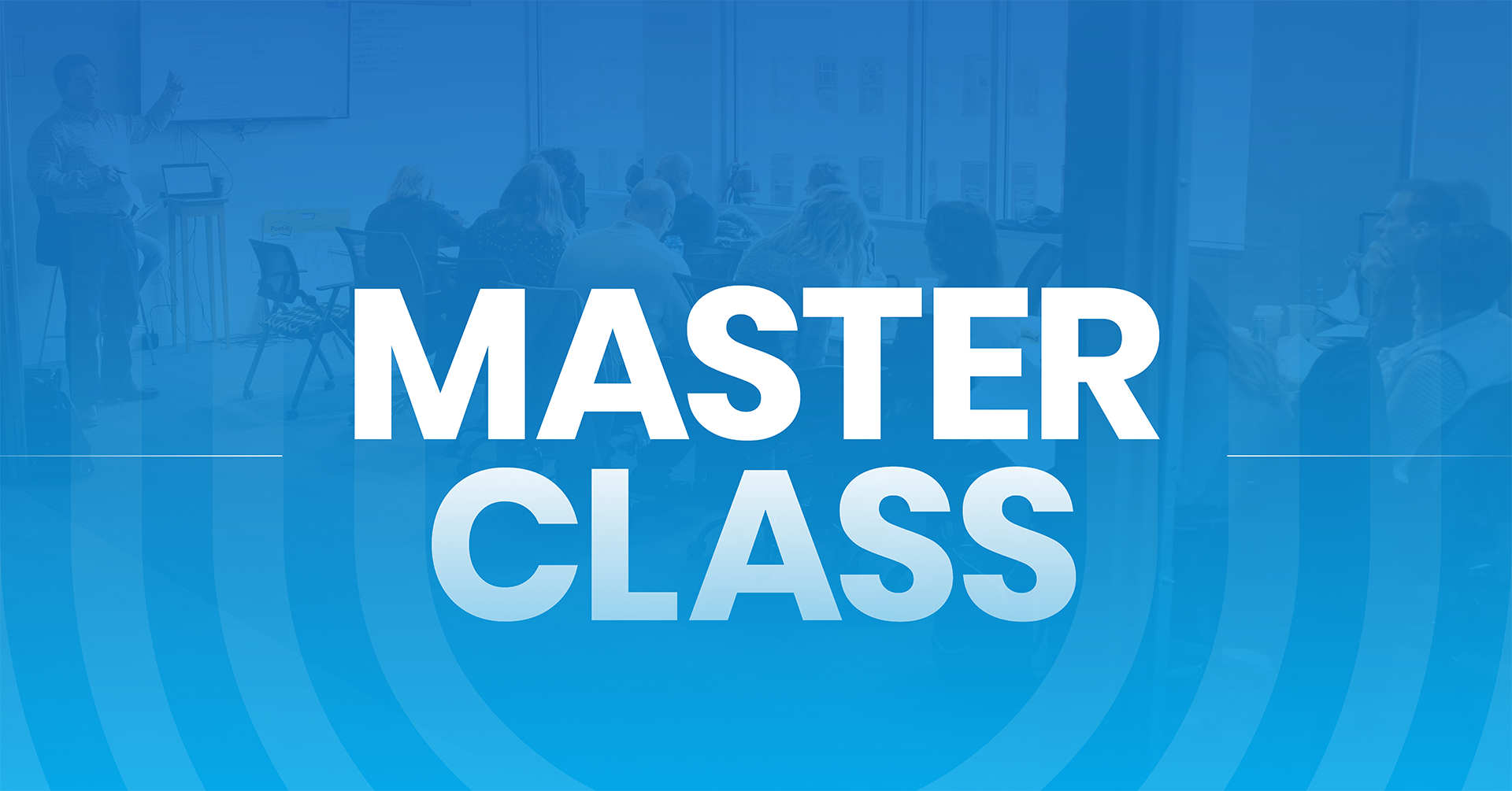
Reserve your spot at the next ACT Dental Master Class
Learn From One of the Best Educators During Our BEST PRACTICES MASTER CLASS Experience.
Kirk Behrendt
Kirk Behrendt is a renowned consultant and speaker in the dental industry, known for his expertise in helping dentists create better practices and better lives. With over 30 years of experience in the field, Kirk has dedicated his professional life to optimizing the best systems and practices in dentistry. Kirk has been a featured speaker at every major dental meeting in the United States. His company, ACT Dental, has consistently been ranked as one of the top dental consultants in Dentistry Today's annual rankings for the past 10 years. In addition, ACT Dental was named one of the fastest-growing companies in the United States by Inc Magazine, appearing on their Inc 5000 list. Kirk's motivational skills are widely recognized in the dental industry. Dr. Peter Dawson of The Dawson Academy has referred to Kirk as "THE best motivator I have ever heard." Kirk has also assembled a trusted team of advisor experts who work with dentists to customize individual solutions that meet their unique needs. When he's not motivating dentists and their teams, Kirk enjoys coaching his children's sports teams and spending time with his amazing wife, Sarah, and their four children, Kinzie, Lily, Zoe, and Bo.
RECENT POSTS
876: The Kois-Coachman Digital Dentistry Event & The IntraOral Scanner Festival – Dr. Christian Coachman
April 18, 2025
Rest Isn't A Reward, It's A Requirement!
April 14, 2025
Data Snapshot: # of Office Days Open
April 11, 2025
Weather Any Storm: The Power of Focus
April 07, 2025
871: Metric Mondays: Gross Profit Percentage: The Health Indicator of Your Practice – Dr. Barrett Straub
April 07, 2025
Embrace Conflict to Unlock Trust
April 04, 2025
